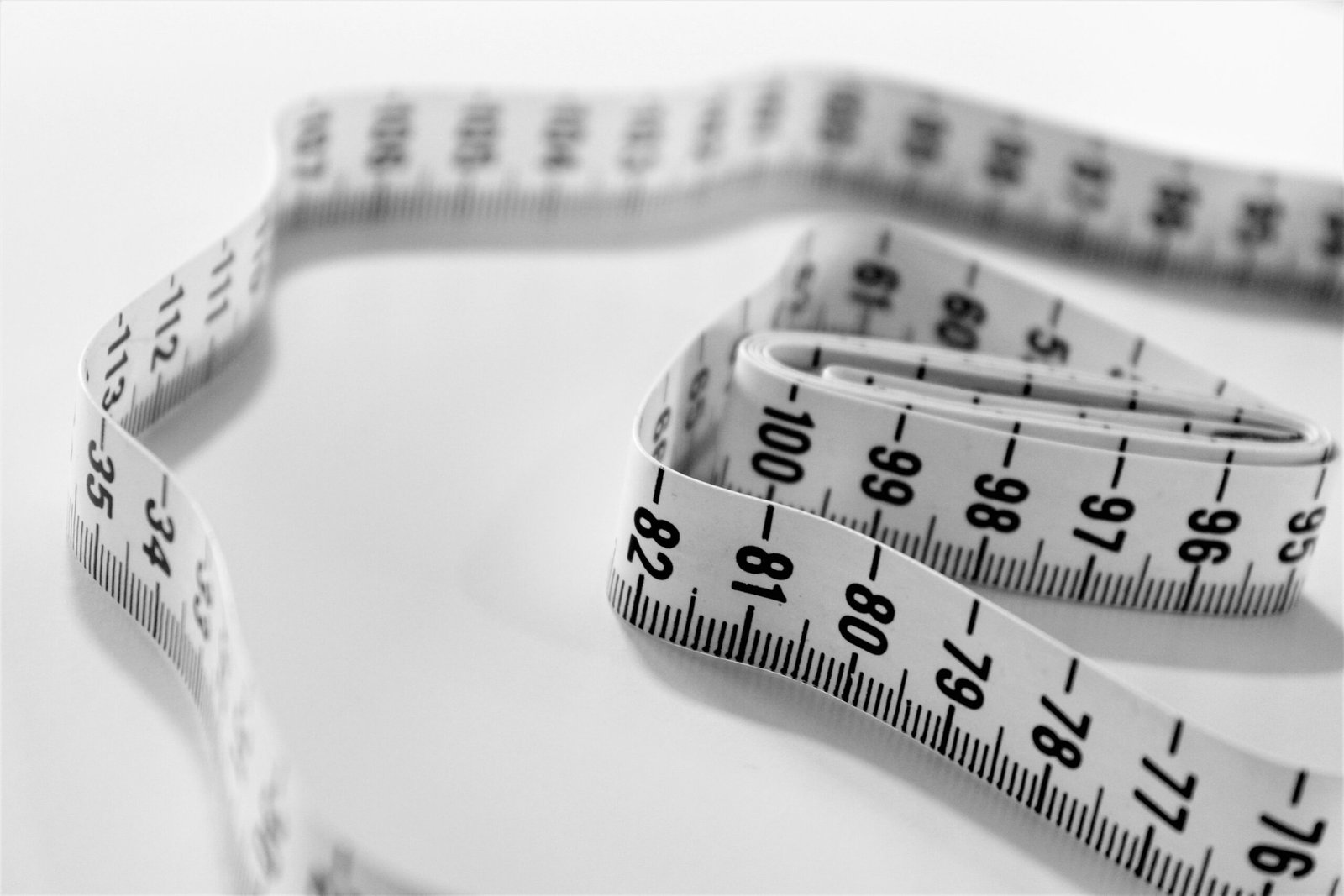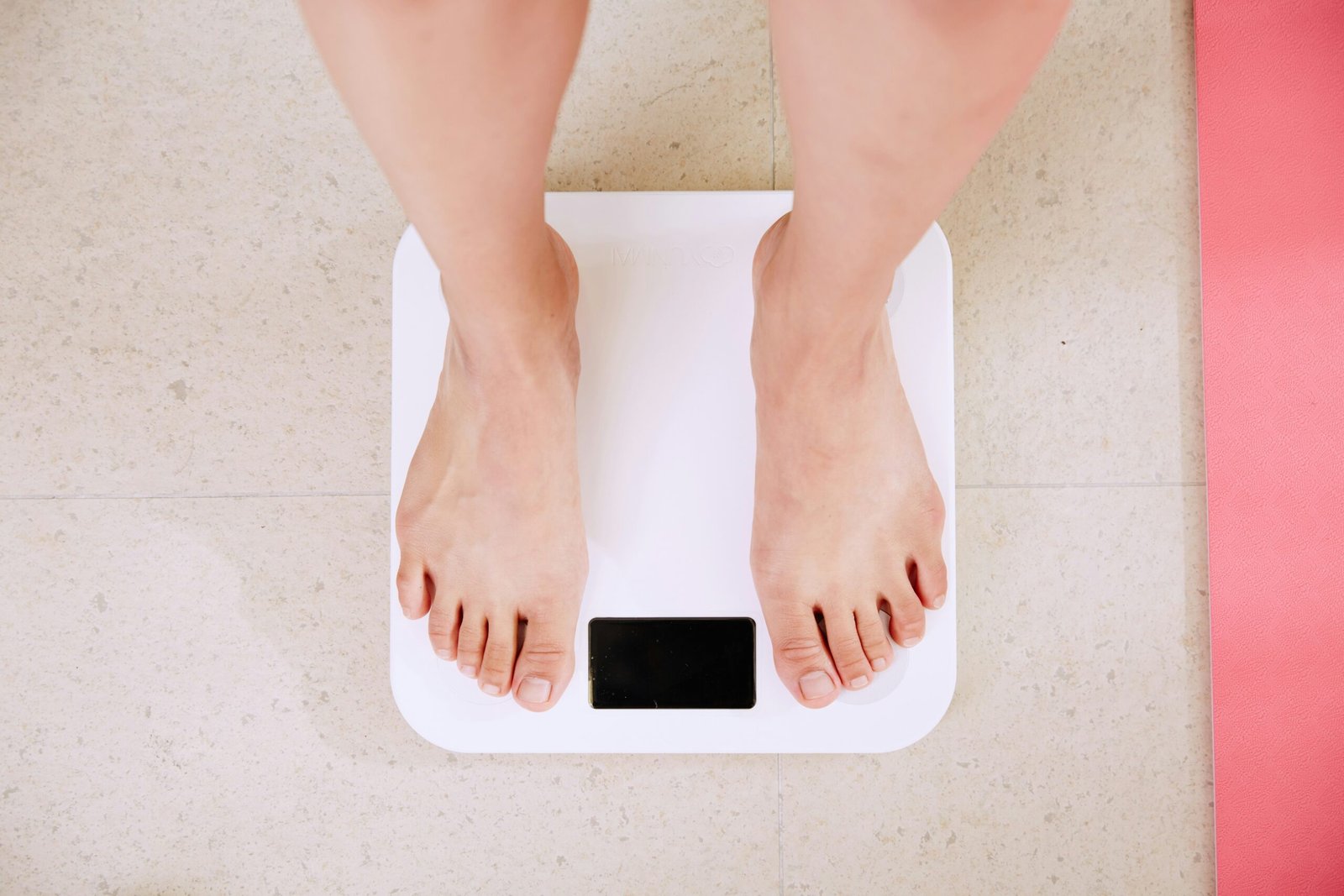Introduction
Weight loss is a common goal for many individuals, and there are various factors that can influence the success of a weight loss journey. One such factor is age. As we age, our bodies undergo changes that can impact our ability to lose weight. In this blog post, we will explore how age affects weight loss and discuss strategies that can help individuals of different age groups achieve their weight loss goals.
When it comes to weight loss, age can play a significant role. As we get older, our metabolism tends to slow down, making it harder to shed those extra pounds. This is because our bodies naturally lose muscle mass as we age, and muscle burns more calories than fat. Additionally, hormonal changes that occur with age can also affect weight loss. For example, menopause in women is often associated with weight gain due to changes in estrogen levels.
While it may be more challenging to lose weight as we age, it is not impossible. With the right strategies and lifestyle changes, individuals of all ages can achieve their weight loss goals. One important aspect to consider is exercise. Regular physical activity is crucial for weight loss, as it helps to increase metabolism, build muscle, and burn calories. However, the type and intensity of exercise may vary depending on age.
For younger individuals, high-intensity workouts such as HIIT (high-intensity interval training) or weightlifting may be more effective in boosting metabolism and promoting weight loss. These exercises help to build lean muscle mass, which can increase the number of calories burned even at rest. Additionally, younger individuals may have more energy and recovery capacity, allowing them to engage in more intense workouts.
On the other hand, older individuals may need to focus more on low-impact exercises such as walking, swimming, or yoga. These activities are gentler on the joints and can help maintain muscle mass and flexibility. Strength training is also important for older individuals, as it can help preserve muscle mass and prevent age-related muscle loss. It is essential to consult with a healthcare professional or a certified trainer to determine the most suitable exercise routine based on age, fitness level, and any underlying health conditions.
In addition to exercise, diet plays a crucial role in weight loss at any age. As we age, our nutritional needs may change, and it becomes even more important to eat a balanced diet that is rich in nutrients. This means focusing on whole, unprocessed foods such as fruits, vegetables, lean proteins, whole grains, and healthy fats. These foods provide the necessary nutrients for overall health and can help support weight loss.
Furthermore, portion control is essential for weight loss, regardless of age. As we age, our appetite may decrease, and it is essential to listen to our body’s hunger and fullness cues. Eating mindfully and paying attention to portion sizes can help prevent overeating and promote weight loss. It may also be beneficial to consult with a registered dietitian who can provide personalized nutrition advice based on age and individual needs.
In conclusion, while age can present certain challenges when it comes to weight loss, it is still possible to achieve and maintain a healthy weight at any age. By incorporating regular exercise, following a balanced diet, and making lifestyle changes, individuals can overcome the obstacles associated with age and reach their weight loss goals. Remember, it is important to approach weight loss with patience, consistency, and a focus on overall health and well-being.
Age and Metabolism
One of the key ways in which age can impact weight loss is through changes in metabolism. Metabolism refers to the rate at which our bodies convert food into energy. As we get older, our metabolism tends to naturally slow down. This means that our bodies burn fewer calories at rest compared to when we were younger. A slower metabolism can make it more challenging to create a calorie deficit, which is necessary for weight loss.
Additionally, aging is often accompanied by a loss of muscle mass. Muscle is more metabolically active than fat, meaning that it burns more calories even at rest. As we lose muscle mass, our metabolism further decreases, making weight loss even more difficult.
However, it is important to note that the impact of age on metabolism and weight loss is not the same for everyone. While it is true that metabolism tends to decline with age, there are several factors that can influence the rate at which this decline occurs. Genetics, lifestyle choices, and overall health can all play a role in determining how much our metabolism slows down as we age.
For example, individuals who engage in regular physical activity and maintain a healthy diet may experience a slower decline in metabolism compared to those who are sedentary and have poor eating habits. Exercise, particularly strength training, can help preserve muscle mass and prevent the decline in metabolism that often accompanies aging.
Furthermore, the quality of the food we eat can also impact our metabolism. A diet rich in nutrient-dense foods, such as fruits, vegetables, lean proteins, and whole grains, can support a healthy metabolism. On the other hand, a diet high in processed foods, sugary beverages, and unhealthy fats can contribute to weight gain and a slower metabolism.
In addition to lifestyle factors, hormonal changes that occur with age can also influence metabolism. For example, women going through menopause may experience a decrease in estrogen levels, which can lead to weight gain and a slower metabolism. Hormonal imbalances, such as an underactive thyroid, can also affect metabolism and make weight loss more challenging.
While age can certainly impact metabolism and weight loss, it is not a definitive barrier to achieving and maintaining a healthy weight. By adopting a balanced and active lifestyle, making nutritious food choices, and addressing any underlying health issues, individuals can overcome the challenges that come with aging and successfully manage their weight.
Hormonal Changes
Another factor that can influence weight loss as we age is hormonal changes. Hormones play a crucial role in regulating our metabolism, appetite, and fat storage. As we get older, hormonal imbalances can occur, which can impact our body’s ability to lose weight.
For example, women going through menopause often experience a decrease in estrogen levels. This hormonal change can lead to an increase in abdominal fat and a decrease in muscle mass, making weight loss more challenging. Similarly, men may experience a decline in testosterone levels as they age, which can also affect their body composition and metabolism.
Furthermore, hormonal changes can also affect our overall mood and energy levels, which can indirectly impact weight loss efforts. For instance, individuals experiencing hormonal imbalances may feel more fatigued and have a harder time finding the motivation to exercise regularly. This can result in a decrease in physical activity, leading to a slower metabolism and fewer calories burned.
In addition to estrogen and testosterone, other hormones such as insulin and cortisol can also influence weight loss. Insulin is responsible for regulating blood sugar levels, and when there is insulin resistance or an imbalance, it can lead to weight gain and difficulty losing weight. Cortisol, often referred to as the stress hormone, can also play a role in weight gain. When cortisol levels are consistently high due to chronic stress, it can lead to increased appetite and cravings for unhealthy foods.
It is important to note that while hormonal changes can make weight loss more challenging, they are not an excuse to give up on a healthy lifestyle. With proper diet, regular exercise, and potentially hormone replacement therapy under the guidance of a healthcare professional, individuals can still achieve their weight loss goals despite hormonal imbalances.
In addition to regular physical activity and a balanced diet, other lifestyle factors can also impact weight loss. One important factor is sleep. Studies have shown that inadequate sleep or poor sleep quality can disrupt the hormones that regulate hunger and satiety, leading to increased cravings and overeating. Therefore, getting enough sleep and maintaining a consistent sleep schedule can be beneficial for weight management.
Stress management is another crucial aspect of a healthy lifestyle. Chronic stress can lead to emotional eating and an increased preference for high-calorie, comfort foods. Finding effective stress management techniques, such as practicing mindfulness or engaging in relaxation exercises, can help prevent stress-related weight gain.
Furthermore, social support plays a significant role in weight loss success. Surrounding yourself with a supportive network of friends and family who encourage and motivate you can make a significant difference in your weight loss journey. They can provide accountability, share healthy habits, and offer emotional support during challenging times.
Lastly, it’s important to address any underlying medical conditions that may affect weight loss. Certain health conditions, such as hypothyroidism or polycystic ovary syndrome (PCOS), can make weight loss more challenging. Consulting with a healthcare professional can help identify and manage any underlying medical conditions that may be hindering your weight loss efforts.
In conclusion, while age-related changes in metabolism and hormones can make weight loss more challenging, adopting healthy lifestyle factors can still lead to successful weight management. Incorporating regular physical activity, following a balanced diet, getting enough sleep, managing stress, seeking social support, and addressing any underlying medical conditions are all important components of a comprehensive weight loss plan.
For younger individuals, focusing on building and preserving muscle mass is crucial. This can be achieved through strength training exercises and consuming an adequate amount of protein. As mentioned earlier, muscle mass is metabolically active and can help support a higher metabolism, making weight loss more achievable.
Strength training exercises for younger individuals can include weightlifting, bodyweight exercises, and resistance training. These activities help stimulate muscle growth and increase muscle strength. It is important for younger individuals to engage in these exercises regularly, at least two to three times a week, to see noticeable results. Additionally, consuming enough protein is essential for muscle repair and growth. The recommended daily protein intake for adults is around 0.8 grams per kilogram of body weight, but for those looking to build muscle, it may be beneficial to consume slightly more.
For middle-aged individuals, it’s important to be mindful of hormonal changes that may be occurring. Consulting with a healthcare professional can help identify any imbalances and develop strategies to manage them. Additionally, incorporating stress-reducing activities, such as yoga or meditation, can be beneficial as stress can impact weight loss efforts.
During middle age, hormonal changes, particularly in women during menopause, can affect weight loss efforts. Hormonal imbalances can lead to increased fat storage and a decrease in muscle mass. Consulting with a healthcare professional, such as a gynecologist or endocrinologist, can help identify any hormonal imbalances and develop a plan to manage them. Hormone replacement therapy or other medications may be recommended in some cases.
Stress can also play a significant role in weight gain and difficulty losing weight. When the body is under stress, it releases cortisol, a hormone that can promote fat storage, particularly in the abdominal area. Engaging in stress-reducing activities, such as yoga, meditation, or deep breathing exercises, can help lower cortisol levels and improve weight loss outcomes.
For older adults, it’s important to prioritize strength and balance exercises to maintain muscle mass and prevent age-related muscle loss. This can help support a healthy metabolism and overall physical function. Additionally, considering any age-related health conditions or medications that may impact weight loss is important, and consulting with a healthcare professional can provide guidance in these areas.
As individuals age, they naturally experience a decline in muscle mass, known as sarcopenia. This can lead to a slower metabolism and decreased physical function. Engaging in regular strength training exercises, such as lifting weights or using resistance bands, can help slow down muscle loss and maintain muscle mass. Balance exercises, such as tai chi or yoga, can also be beneficial for older adults as they help improve stability and reduce the risk of falls.
Furthermore, older adults may have age-related health conditions or be taking medications that can affect weight loss efforts. Conditions such as arthritis or cardiovascular disease may require modifications to exercise routines, and certain medications may have side effects that impact weight loss. Consulting with a healthcare professional, such as a geriatrician or pharmacist, can help develop a personalized weight loss plan that takes these factors into account.


